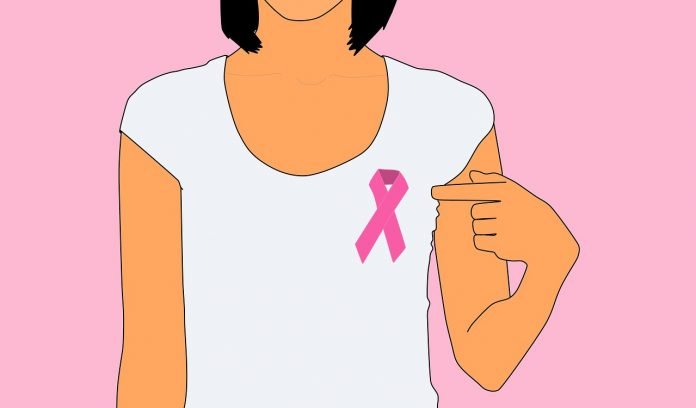
Breast cancer is the second most common cancer in women after skin cancer. Mammograms can detect breast cancer early, possibly before it has spread.
Mammography is the most common screening test for breast cancer.
A mammogram is a picture of the inside of the breast. Mammography may find tumors that are too small to feel.
It may also find ductal carcinoma in situ (DCIS). In DCIS, abnormal cells line the breast duct, and in some women may become invasive cancer.
Mammography is less likely to find breast tumors in women with dense breast tissue. Because both tumors and dense breast tissue appear white on a mammogram, it can be harder to find a tumor when there is dense breast tissue.
Magnetic resonance imaging (MRI) may be used to screen women who have a high risk of breast cancer.
After breast cancer has been diagnosed, tests are done to find out if cancer cells have spread within the breast or to other parts of the body.
In breast cancer, the stage is based on the size and location of the primary tumor, the spread of cancer to nearby lymph nodes or other parts of the body, tumor grade, and whether certain biomarkers are present.
Talk to your doctor to find out what your breast cancer stage is and how it is used to plan the best treatment for you.
The treatment of breast cancer depends partly on the stage of the disease.
Six types of standard treatment are used: Surgery, Radiation therapy, Chemotherapy, Hormone therapy, Targeted therapy, and Immunotherapy.
Avoiding risk factors and increasing protective factors may help prevent cancer.
The following are risk factors for breast cancer: Older age, A personal history of breast cancer or benign (noncancer) breast disease, Inherited risk of breast cancer, dense breast tissue, Reproductive history resulting in greater exposure to estrogen, Taking hormone therapy for symptoms of menopause, Radiation therapy to the breast or chest, Obesity, and Drinking alcohol.
For more information about breast cancer detection, treatment, and prevention, please check this video:
If you care about breast cancer, please read studies about stuff in sunscreen that may play a role in breast cancer development, and when you eat your meals may help reduce breast cancer risk.
For more information about cancer prevention, please see recent studies about a vitamin that is particularly important for your cancer prevention, and results reveal new drug has promise against pancreatic cancer and breast cancer.
Sign up for our newsletter for more information about this topic.



